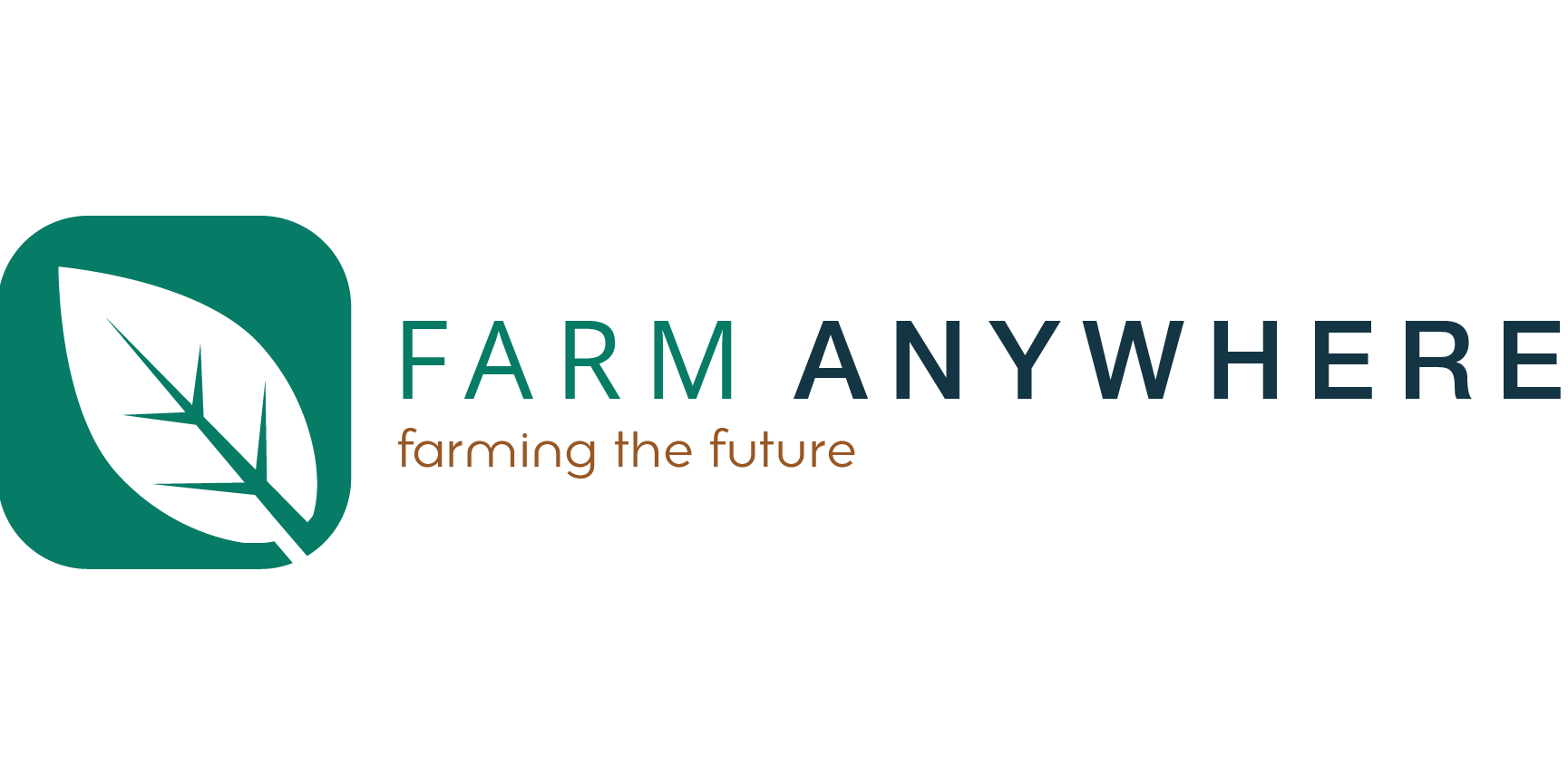Indoor Agriculture Services
Looking to get into indoor agriculture? The FarmAnywhere team is dedicated to supporting your indoor farming ventures with our technical and design expertise. With specialized knowledge in indoor, vertical, and container farming, we provide comprehensive solutions tailored to your unique needs.
Indoor Agriculture Services
Indoor Agriculture ConsultingDesignEngineeringReport
We offer expert indoor agriculture services to help businesses and farmers succeed in ag tech. Whether starting new or optimizing existing operations, we guide you through every step. From indoor farm consulting to planning to system improvements, our tailored solutions ensure your farm thrives.
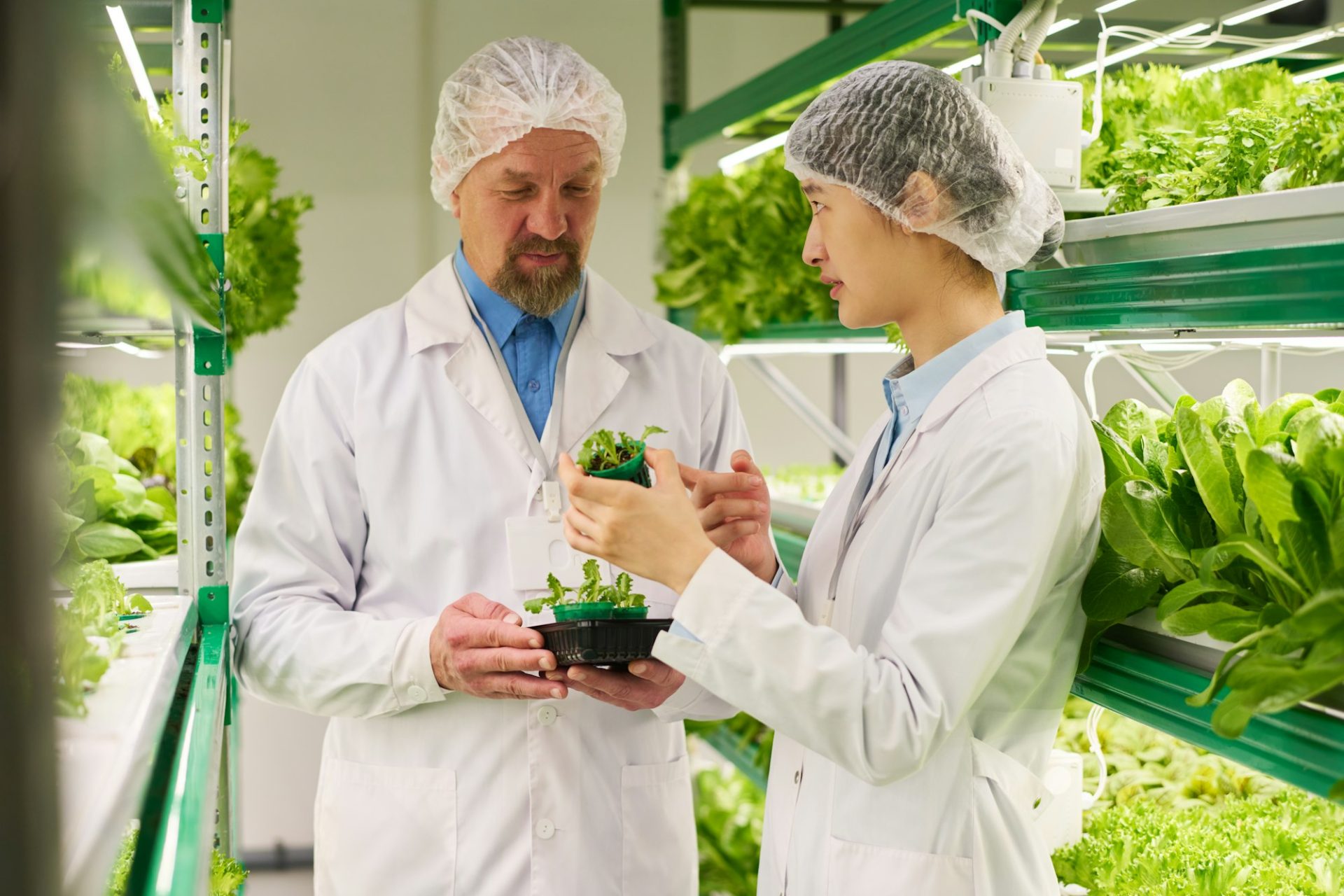
Connect
General Consulting
Expert guidance in indoor agriculture and agtech, tailored to launch or enhance your project with strategic insights for system integration and sustainable growth.
More Info
Evaluate
Feasibility Report
Evaluate your project’s viability with a detailed analysis of site, business model, and operations, providing clear recommendations to proceed confidently.
More Info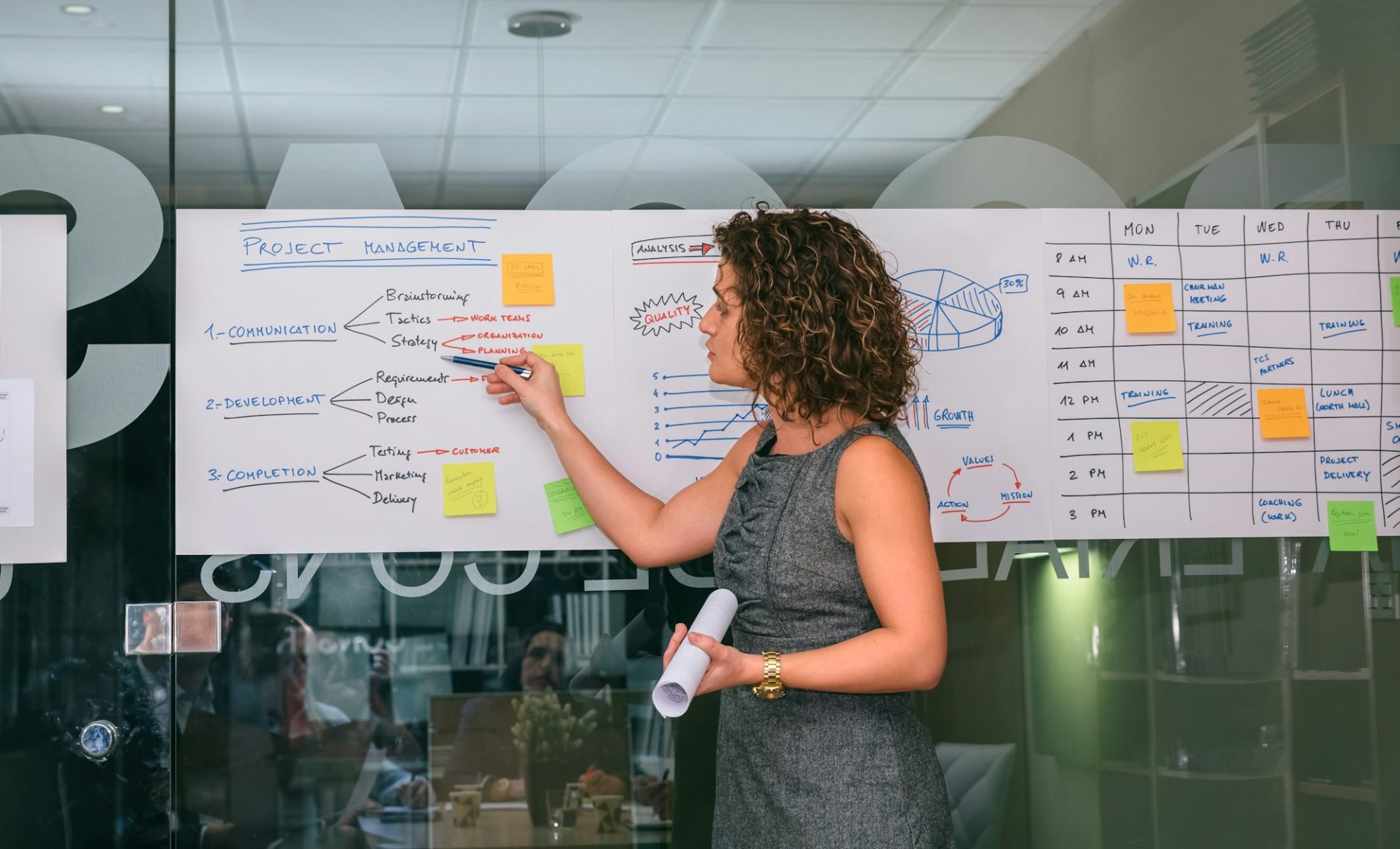
Develop
Project Management
Streamlined project management for agriculture, covering site development, construction, marketing, and more to keep your project on track, on budget, and aligned with your goals.
More Info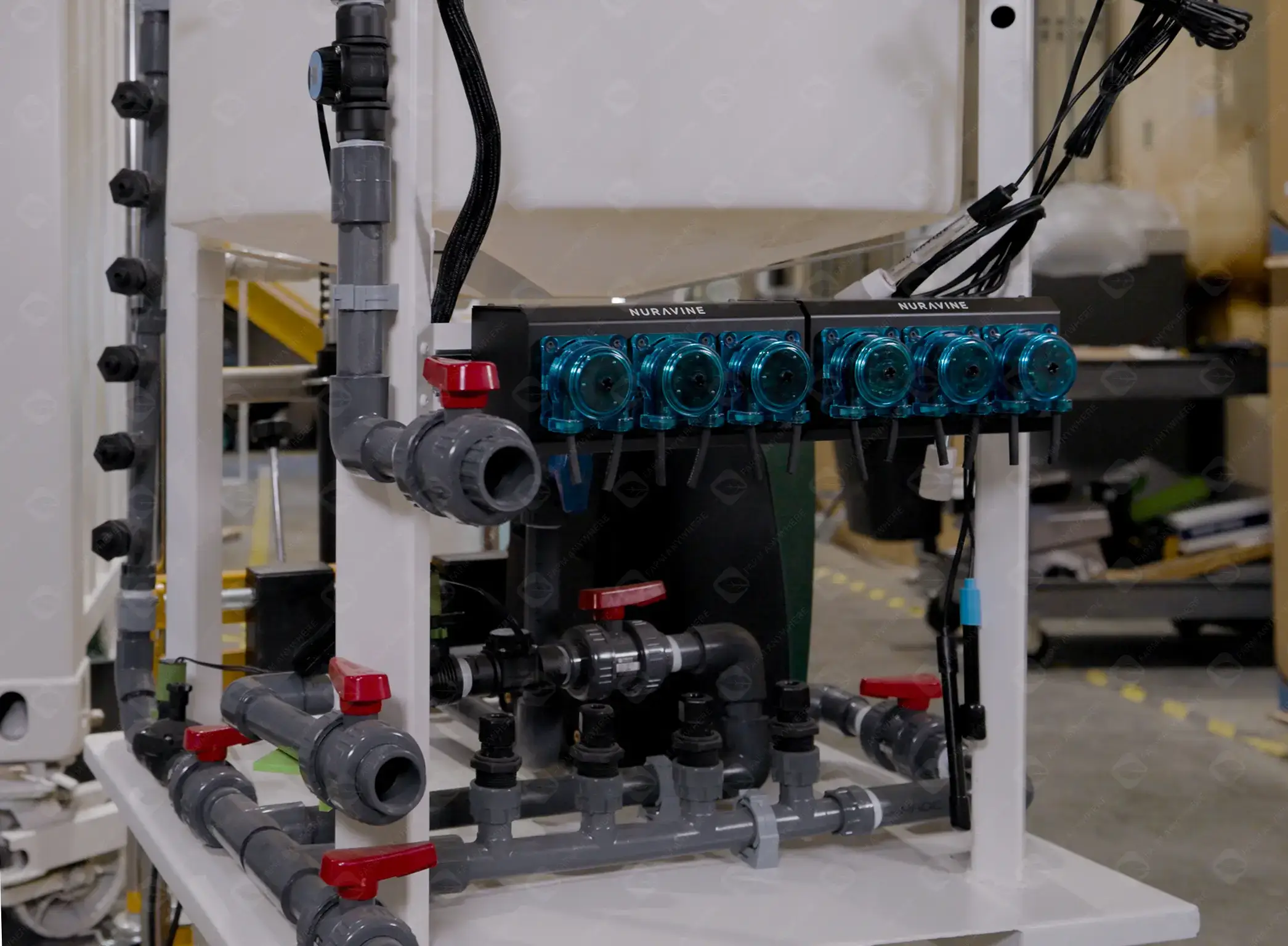
Engineer
Product R&D and Testing
Advance with our R&D services, developing and refining innovative crops and agtech solutions, supported by comprehensive testing and data insights.
More Info
Explore
Market Study
Evaluating demand, competition, and community needs, our market study identifies the best products to grow and assesses your project's potential to succeed.
More Info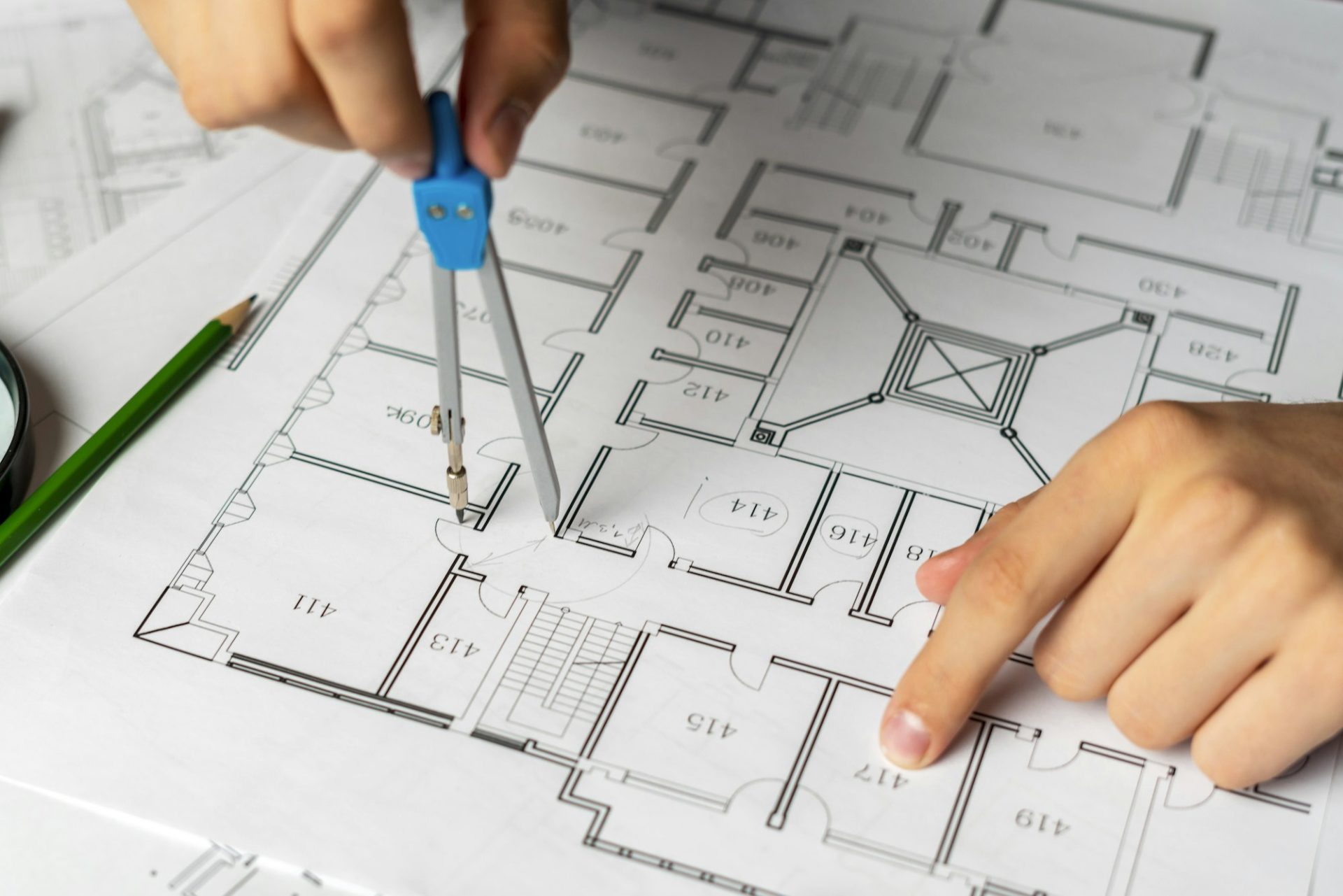
Create
Building Design
Optimize farm layout and agtech systems for efficiency and productivity, with custom designs that streamline operations and environmental controls.
More Info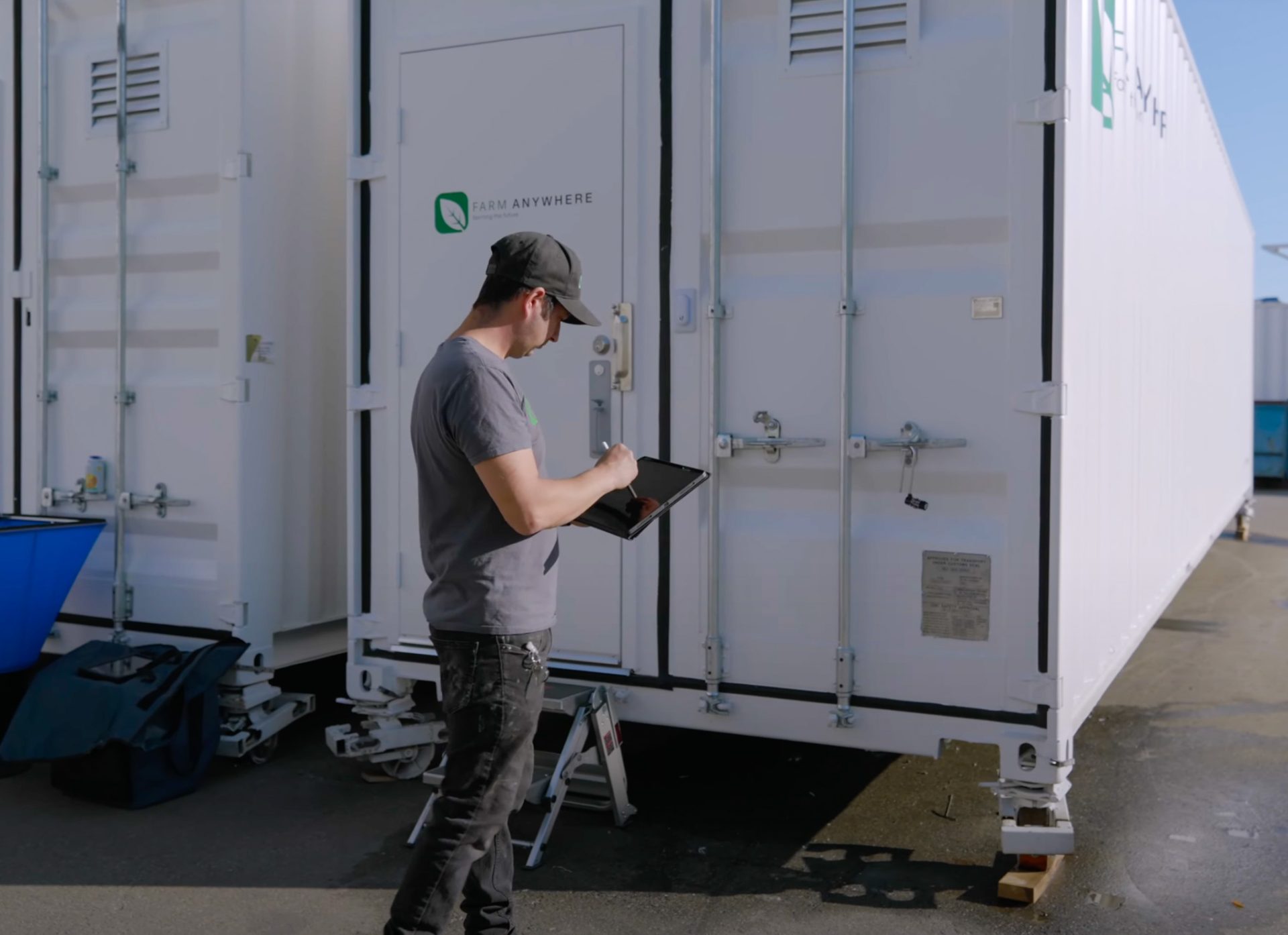
Optimize
System Audit
In-depth analysis of system performance and yield optimization to enhance efficiency, reduce operational costs, and ensure sustainable practices, offering targeted recommendations for improvement.
More Info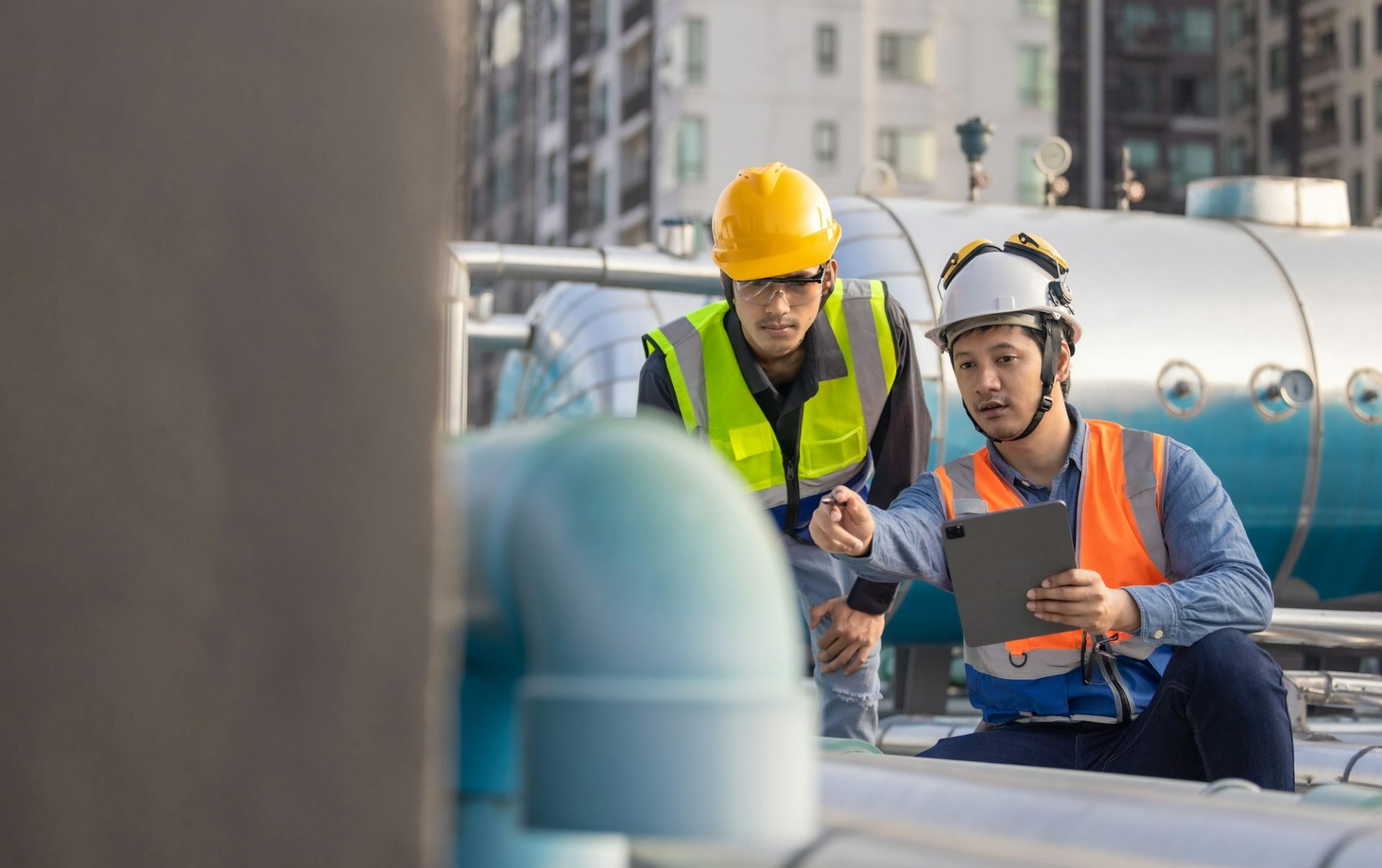
Insight
Building Audit
Thorough evaluations of energy use, workflow, and layout to boost productivity, cut costs, and enhance sustainability, identifying areas for improvement with actionable solutions.
More InfoClients We Support
Our indoor agriculture consulting and services aren't just for farmers. We offer specialized indoor farming solutions to a wide range of industries and professionals.
Architects
We provide design, workflow support, and feasibility studies to assist architects in creating sustainable and efficient indoor farm structures.
Governmental agencies
We support strategic planning and project management, ensuring farm projects are impactful and sustainable.
Engineering firms
We assist engineering teams with technical audits and consulting, optimizing farm systems for enhanced performance.
IP and M&A lawyers
We provide market insights and R&D guidance to navigate the IP and technical readiness stages, enabling acquisitions with clarity.
Venture capital & investment firms
We deliver feasibility assessments, market analyses, and tech readiness testing to guide informed investments in agtech.
Contact Us
Consult With Us
Our consulting team is here to help farmers, entrepreneur and businesses to grow, build and mitigate risks in your indoor farming operation!
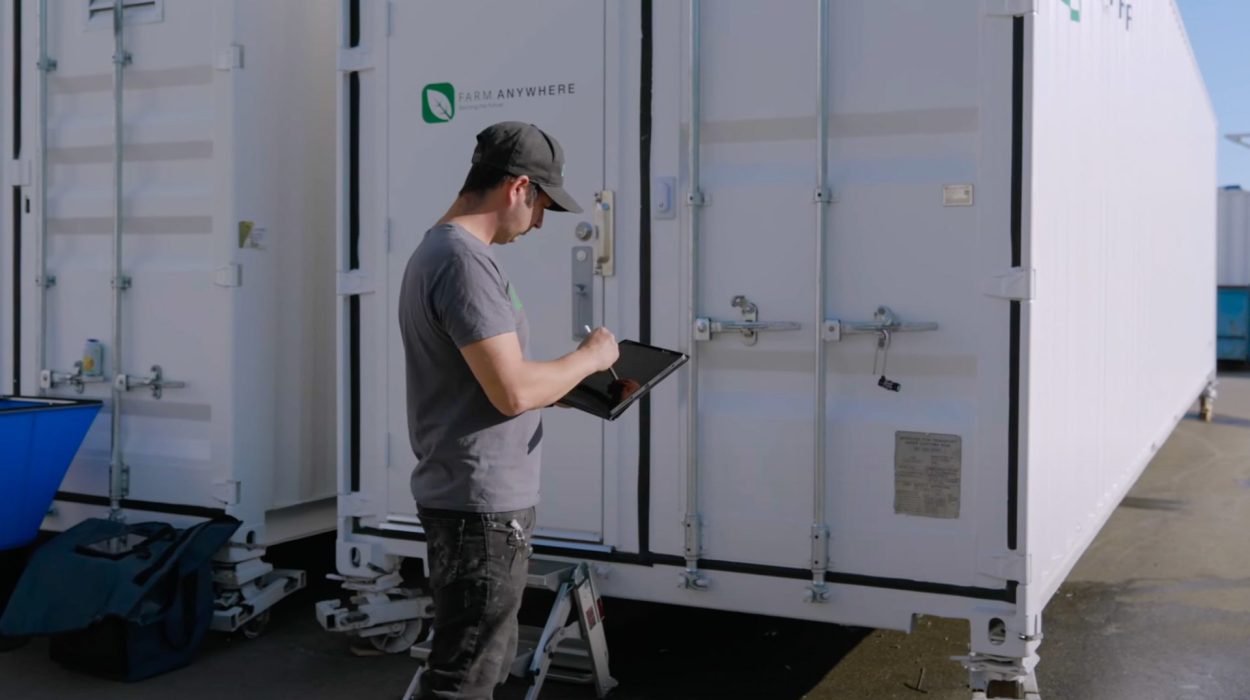
Samples
Our Portfolio
Check out our past projects ranging from project management, design and reports.

Indoor Farm Design
Project Description

Feasibility Report
Project Description

Project Management
Project Description

Market Study
Project Description
— FAQ
New to Container Farming?
Here's a list of frequently asked questions from customers.
Container farming, also known as vertical farming or indoor farming, is a method of growing crops in a controlled environment within shipping containers. These containers are often equipped with hydroponic or aeroponic systems, LED lights for photosynthesis, and climate control systems. The goal is to maximize the amount of crops that can be produced in a small space, regardless of external weather conditions.
Container farming offers several benefits over traditional farming. It allows for year-round crop production, independent of weather and season. It uses significantly less water and land compared to traditional farming, making it a more sustainable option. The controlled environment reduces the need for pesticides and herbicides, leading to cleaner, healthier produce. It also allows for farming in urban areas, reducing the distance food needs to travel to reach consumers, which can help reduce carbon emissions.
A wide variety of crops can be grown in a container farm, including leafy greens like lettuce, spinach, and kale, herbs like basil and mint, and other crops like strawberries and fodder. The specific crops that can be grown may depend on the specific setup of the container farm and the technology used.
See more crops here.
The cost of setting up a container farm can vary widely depending on the size of the farm, the technology used, and other factors. The cost could range from tens of thousands to hundreds of thousands of dollars. Ongoing costs include electricity, water, nutrients for the plants, and maintenance of the systems.
The climate in a container farm is controlled using a combination of heating, cooling, and ventilation systems, as well as LED lights that can be adjusted to provide the optimal light spectrum for plant growth. This allows for precise control over the temperature, humidity, and light levels, which can be adjusted to create the ideal conditions for each type of crop. This level of control can lead to faster growth rates and higher yields compared to traditional farming.
Container farming can be more sustainable than traditional farming in several ways. It uses less water, as the hydroponic or aeroponic systems recycle water, and it requires less land, as crops are grown vertically. It also reduces the need for pesticides and herbicides, which can have harmful environmental impacts. However, it does require electricity, which can contribute to carbon emissions if it's not sourced from renewable sources. Additionally, the production and disposal of the materials used in container farms, such as the containers themselves and the LED lights, can also have environmental impacts.
Learn more about sustainable practice here.
Looking for more?
Vancouver, BC
Email us today for more info
